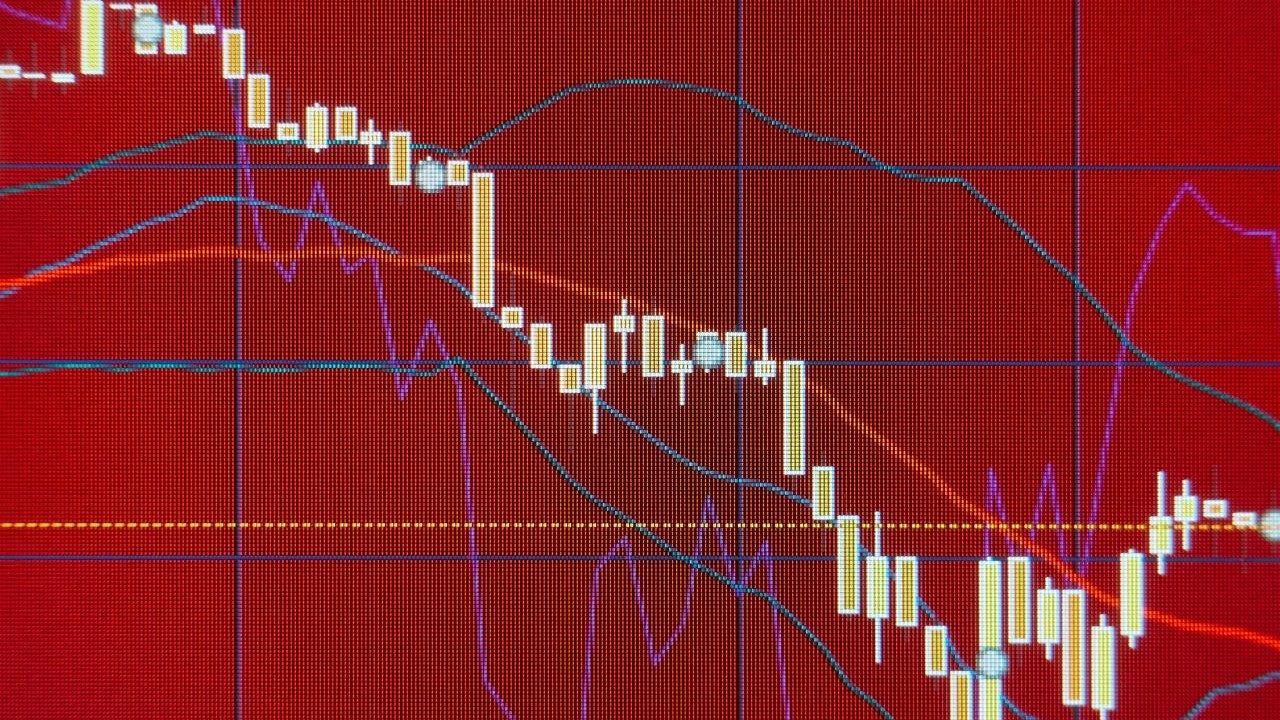Shock Swiss rate hike sets markets on edge; BOJ holds

By Tom Westbrook
SINGAPORE (Reuters) – Planet shares on Friday headed for their worst week given that markets’ pandemic meltdown in March 2020, as investors concerned about expansion in the confront of world wide charge hikes – besides in Japan wherever coverage configurations have been held easy and the yen fell.
The Lender of Japan caught with its technique of pinning 10-year yields close to zero at its coverage meeting, in stark distinction to the rest of the globe. Even the Swiss Nationwide Bank shocked investors right away with its first amount hike in 15 yrs.
The yen was last down 1% to 133.75 per dollar in volatile trade after the BOJ choice. It was very little salve for broader marketplaces, which are mired in fret that inflation and price hikes are going to smother economic advancement for a long time.
MSCI’s broadest index of Asia-Pacific shares exterior Japan fell to a five-7 days lower, dragged by promoting in Australia exactly where the ASX 200 dropped 2%. Japan’s Nikkei fell 2.4%.
U.S. futures stabilised, with S&P 500 futures up .4% and Nasdaq 100 futures up .6%, but they have been nursing large losses. Overnight the Nasdaq dropped 4% and the S&P 500 fell 3.3%.
“We are moving into a tricky stage of the regime change, as the threats around economic advancement incorporate to the already incredibly hot inflationary backdrop,” explained Vincent Mortier, chief expenditure officer at Europe’s major fund manager, Amundi.
“The present-day repricing is taking most of the overvaluation out of the market, but latest stages are susceptible to any deterioration in corporate fundamentals.”
Entire world shares are down 5.7% for the 7 days so significantly, on program for the steepest weekly percentage drop in far more than two several years.
Just one WAY
Bonds and currencies experienced a wild Thursday.
As perfectly as the Swiss hike, the Lender of England declared a 25 basis level fee increase, which was more compact than envisioned but prompted gilts to market and sterling to increase on bets that long term hikes would arrive thick and speedy.
“If a central bank does not shift aggressively, yields and chance value in far more in the way of charge hikes down the highway,” mentioned NatWest Markets’ strategist John Briggs.
“Marketplaces may perhaps just be repeatedly altering to an outlook for bigger world wide coverage prices … as world wide central lender coverage momentum is all a single way.”
Sterling rose 1.4% on Thursday and held gains into Friday as it heads for a constant 7 days. Two-12 months gilts rose 18 foundation points to 2.143%.
German credit card debt was also dumped soon after the Swiss surprise and a European Central Lender plan to direct its bond buying toward periphery nations, in advance of progress fears pared things a bit.
Two-year German bund yields concluded the session up 8.5 bps to 1.152% and the 10-12 months bund yield rose 5 bps to 1.703%. [GVD/EUR]
U.S. labour and housing information came in comfortable on Thursday, on the heels of disappointing retail income figures, with the concerns knocking the dollar and helping Treasuries.
Benchmark 10-yr Treasury yields fell nearly 10 bps right away but wobbled larger to 3.2253% through Asia’s early morning. Yields rise when price ranges drop. [US/]
A different factor dragging on the greenback was the Swiss franc’s surge, because it is utilized as a funding currency and normally improved for pounds in advance of people are swapped for large yielders – this means dollars get marketed when that trade reverses.
Advancement fears took oil on a short vacation reduced right away just before rates steadied. Brent crude futures were being past at $118.87 a barrel. Gold held at $1,844 an ounce and bitcoin was stored below tension at $20,600.
(Reporting by Tom Westbrook Modifying by Lincoln Feast.)








